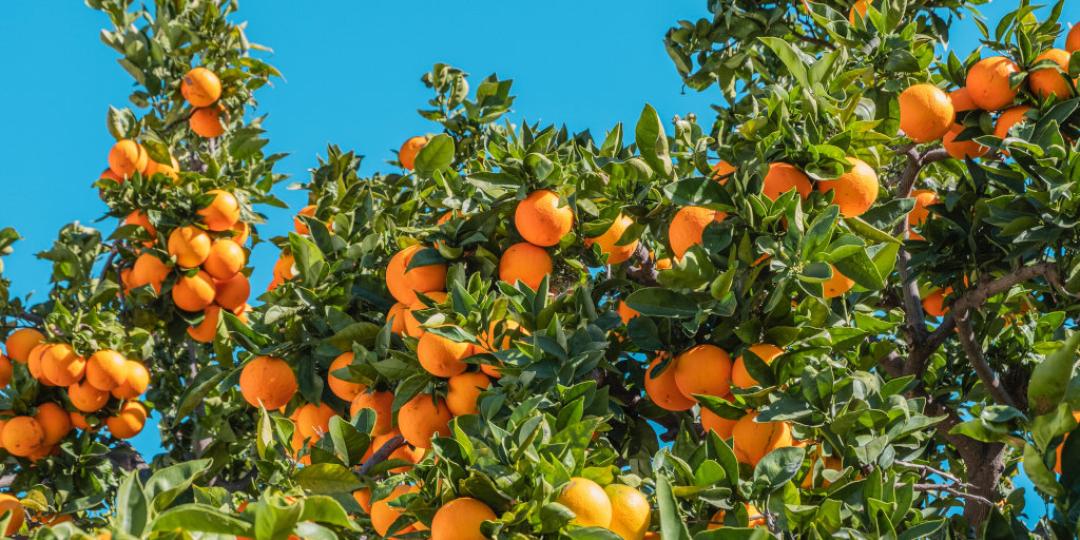Transnet Port Terminals (TPT) has announced its operational plans for the handling of citrus exports at its Durban and Port Elizabeth (Gqeberha) container terminals in a season that poses many challenges for farmers.
TPT said in a statement on Friday that the container terminals would be open over a 24-hour period, and have dedicated lanes prioritising refrigerated containers at the gates. It said lifting equipment operators were currently undergoing a multiskilling process that would enable them to obtain multiple machine licences to create flexibility ahead of the peak season in July. Reefer plug points and lighting maintenance and repairs had also been concluded, TPT said.
It added that it would update its national berthing plans on a daily basis and share these with the industry to avoid excessive open stack days where vessels are delayed in other terminals.
Citrus challenges
South African citrus growers, who are among the world’s top citrus suppliers, have battled with rising operational costs and disruptions after the European Union (EU) imposed new cold treatment regulations for False Codling Moth in July last year. Despite these challenges, the country has continued to increase its fruit exports.
“The terminal’s demand is a derived demand service, in which we only grow when the industries we support grow. We endeavour to provide value to our customers so that we can celebrate their success,” TPT general manager commercial and planning, Michelle van Buren Schele, said.
Improving efficiency was key to a prosperous citrus season and robust programmes were in place to improve equipment availability and reliability, she added. Citrus Growers Association CEO, Justin Chadwick, writing in his weekly newsletter, said Transnet was “pulling out all the stops” to ensure a successful 2023 citrus export campaign on the back of three very trying seasons.
“Each port corridor region has conducted the 2023 reefer season kick-off meetings in which Transnet has laid out plans that focus specifically on rectifying any shortcomings that were seen as impediments during past seasons. All the port terminals have, or are in process of, augmenting reefer stack capacity and plug capacity in line with the 2023 season’s export estimates to maximise terminal efficiency and to offset power or wind disruptions,” Chadwick said.
Ports are ready
He highlighted the work Transnet had done to prepare for the busy export season.
"Durban port has implemented the Bayhead Road bypass lane which will help ease traffic congestion into Durban Container Terminal (DCT); traffic management will also be introduced. A strong focus on rail transportation on the Durban corridor is also being implemented from Bela Bela, City Deep, Cato Ridge and Kings Rest into DCT. Coega terminal has put in place good measures to combat the disruption from wind. The terminal will be implementing a truck booking system this season as well,” Chadwick said.
“We are informed that shipping services from Coega and PE ports will be well intact for the season, ensuring market access from the regions’ ports is attainable without citrus being forced to be transported to Durban and Cape Town.” He added that the container vessel backlog at Cape Town port had been cleared, and as of Tuesday, April 18, vessels had been berthing on arrival.
“This is a great relief for producers in the north as product needs to reach Europe and North America in the shortest time possible – ships loaded with citrus can’t stand off Cape Town,” Chadwick said.
TPT handled 3.7% more citrus exports in 2022 compared to 2021, despite the KwaZulu-Natal floods and new EU regulations. In total, TPT said it had moved 128 374 forty-foot-equivalent units across its container terminals and was looking to continue on this trajectory to create avenues for further growth.













